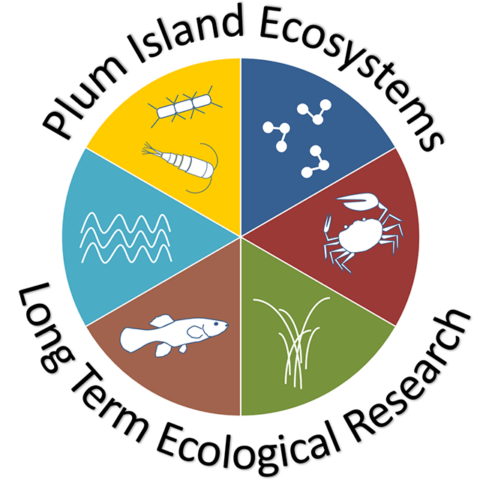Our Land Acknowledgement is written in the context of our presence in the area – as researchers of its marshes and waterways – to recognize that much ecological knowledge precedes us; that people were on the landscape a very long time ago, making use of resources with knowledge about seasonality and life cycles of the…
Don’t see your question? Does this list need revision? You can use the PIE LTER Website Feedback Form or email the information manager at pie_im@mbl.edu. Research Community How does my research fit into ongoing research at PIE? How can I integrate my expertise/research with other people’s research? Expand A lot of work has been done…
Quick Links Registration Workplace Safety Field Safety Data Submission Housing Boating Boat & Housing Request Laboratories Principles of Community The PIE LTER includes investigators, staff, and students from many different institutions. Much of the research for PIE and related projects takes place in the field where investigators and students are away from their home institutions.…
Schoolyard K-12 The goals of our K-12 program are to 1) excite students and their teachers about science through hands on activities in their own schoolyards, neighborhoods, and local communities; 2) encourage students to consider a career in science; 3) promote environmental stewardship. We collaborate with Mass Audubon and the Gulf of Maine Institute to…
The goal of the PIE LTER data and information system is to provide a centralized network of information and data related to the PIE. This network provides researchers access to common information and data in addition to protected long-term storage. Data and information are also easily accessible to local, regional, and state partners and the…
Research Overview Since its inception in 1998, the Plum Island Ecosystems LTER has been working toward a predictive understanding of the long-term response of coupled and-marsh-estuary-ocean ecosystems to changes in three key drivers: climate, sea level, and human activities. As rates of change in these drivers have accelerated in the PIE region, there is critical…
Our research site consists of coupled watersheds and estuaries in Plum Island Sound. Plum Island Sound lies within the Boston Metropolitan region in northeastern Massachusetts, with a population density of about 250 people per km2. The Plum Island Sound estuary is a 25 km long (16 mile) macrotidal, coastal, bar-built estuary containing extensive areas of…
About Us Welcome! We are a multidisciplinary community of scientists, students, technicians, educators, and environmental leaders contributing to the Plum Island Ecosystems LTER. Mission Statement The Plum Island Ecosystems LTER (PIE) is an integrated research, education, and outreach program. Our goal is to advance our understanding of the long-term effects of sea level rise, climate…
The Plum Island Ecosystems LTER (PIE) is a long-term integrated research, education, and outreach program located within the Great Marsh, the largest expanse of intertidal marsh in New England. Our research is focused in the estuary and watersheds of Plum Island Sound in northeast Massachusetts. The Plum Island Sound estuary is a coastal bar-built estuary…
